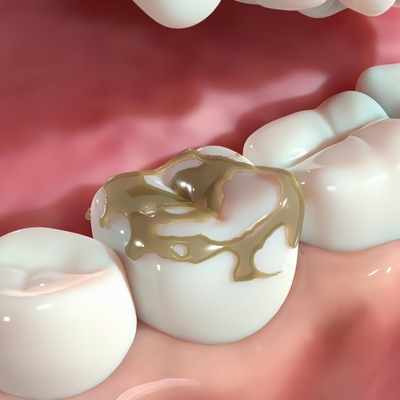From Frysh Dental Group to Prestonwood Family Dentistry. Carrying forward more than 30 years of Exceptional Patient Care.
From Frysh Dental Group to Prestonwood Family Dentistry. Carrying forward more than 30 years of Exceptional Patient Care.
From Frysh Dental Group to Prestonwood Family Dentistry. Carrying forward more than 30 years of Exceptional Patient Care.
From Frysh Dental Group to Prestonwood Family Dentistry. Carrying forward more than 30 years of Exceptional Patient Care.

Dental fillings treat cavities caused by bacteria that produce acids eroding tooth enamel. Without treatment, cavities can worsen, leading to severe infections. Fillings restore tooth function and appearance by removing decay and sealing the tooth.
According to the CDC, 90% of adults aged 20 and older have had at least one cavity, making tooth decay one of the most prevalent diseases in humans. The process of tooth decay begins when bacteria in your mouth produce acids that weaken or erode tooth enamel. When the cavity-causing bacteria (from sugars and starches) or highly acidic foods and beverages (like coffee or fruit juice) are in frequent contact with our teeth, a cavity will form. If left untreated, cavities can lead to severe infections that spread throughout the body.
Fortunately, cavities in their early stages can be easily treated with a dental filling. Dental fillings are common treatments to remove tooth decay and repair the function and appearance of the tooth.
For a healthy smile, schedule your next hygiene visit with us today.